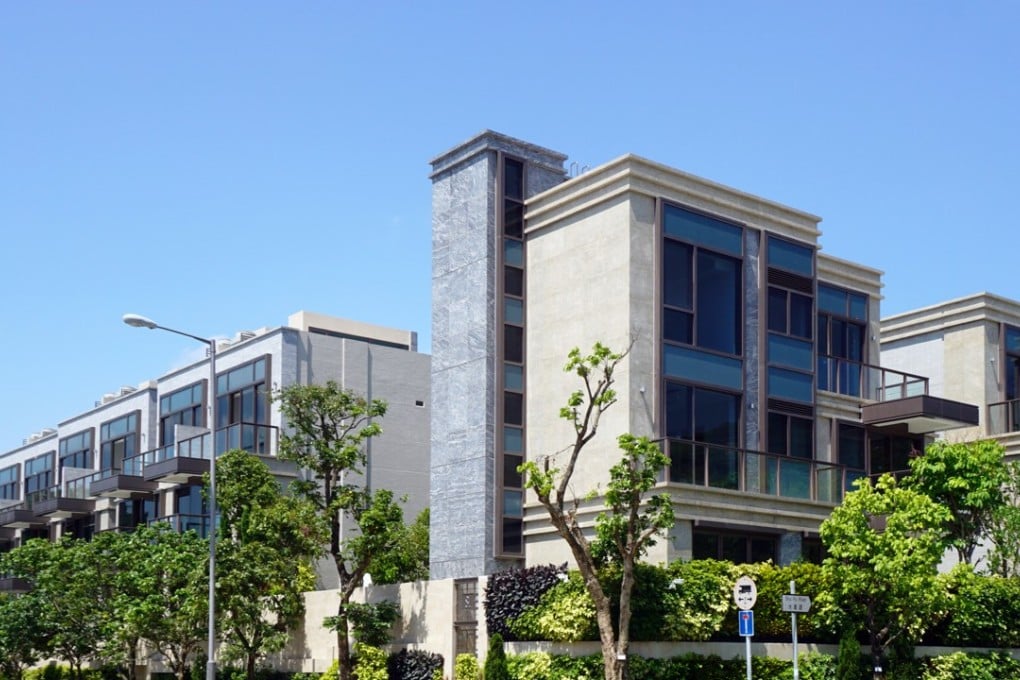Yuen Long villas cut prices by 25 per cent, becoming the first casualties of Hong Kong’s vacancy tax
Hong Kong developers are cutting prices, becoming the first casualties of the government’s vacancy tax.

Several Hong Kong developers are cutting prices for the first time in three years, slashing as much as 25 per cent off their quotations, becoming the first casualties of the city government’s vacancy tax that was imposed to deter hoarding and boost supply.
Paliburg Holdings and Regal International, two builders behind the Casa Regalia project, have knocked HK$10 million off the price tag of one of their 12 unsold villas in Yuen Long to HK$29.4 million (US$3.74 million). The villas, each measuring more than 2,000 square feet (186 square metres), have remained unsold since their completion in April 2016.
The discounts, after the city’s median housing prices had risen for 26 consecutive months, follow the imposition on June 29 of a tax on unsold, completed real estate.
Paliburg and Regal aren’t alone in succumbing to the tax. Another private developer owned by Kwok Kwei-wo and Tang Yuk-kwei, this week discounted two units of their village houses in Yuen Long by about 20 per cent, after having held on to both completed units for two years.
Cubicle homes in city’s old buildings are ‘urban ticking time bomb’
The discounts are adding to a steady drumbeat of forecasts that predict residential property prices to decline in the coming months in the world’s most expensive urban centre. Citibank was the first to publish a downward forecast this week, predicting that prices would fall by 7 per cent in the second half.
“Developments with larger units in subprime locations may offer lower prices,” said Vincent Cheung, deputy managing director for Asia valuation and advisory services at Colliers International.
Still, one swallow doesn’t make a summer. Casa Regalia is due for a correction after the project’s price growth outpaced the market by 8 percentage points, said Colliers’ Cheung.
The discounts in Yuen Long – far from the most sought-after neighbourhoods on Hong Kong Island – for luxury villas may also have little impact on the large developers of mass housing projects, analysts said.